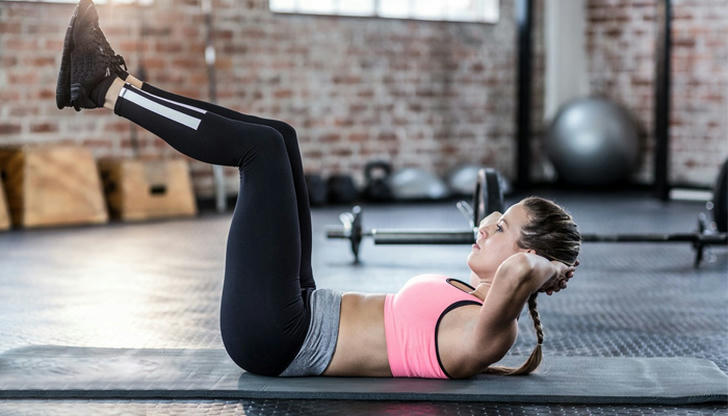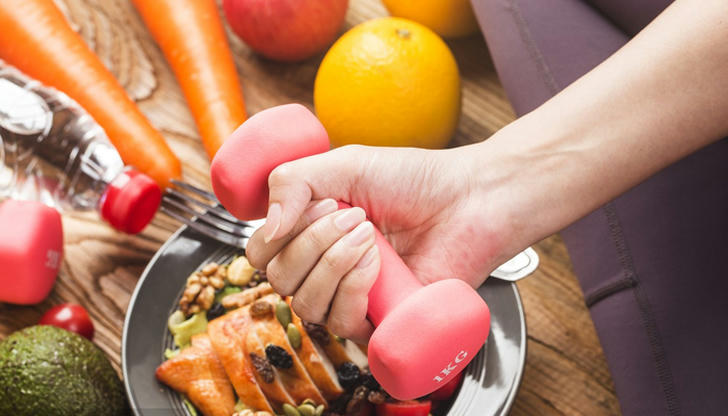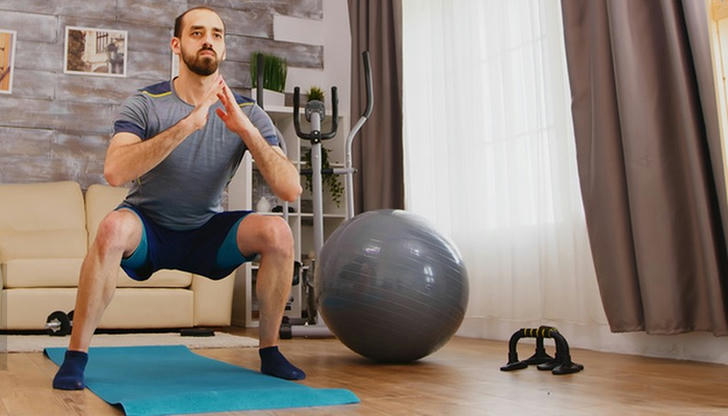Principles for Beginners for a More Safe and Efficient Exercise

Fitness is a science, and you can't get good results if you practice blindly. Beginners need to learn how to avoid some common mistakes to improve their results. So, what should fitness beginners pay attention to? Learning these basic principles will allow you to exercise more safely and efficiently, and build a good figure.
Principle 1. Customize a fitness plan that suits you

Why do you and your partner work out with the same exercise plan, but your fitness progress is different? Why do others exercise better than you? The main reason is that your body is different, diet and self-discipline are different, so the suitable fitness plan should also be different.
Therefore, for the same fitness program, the effect achieved is different. Fitness beginners and those with a lot of experience should also have different plans. We need to customize a fitness plan that suits us according to our physical condition and time management, in order to gradually improve our fitness ability and build a good figure.
If your body fat rate exceeds the standard, you can focus on aerobic exercise, supplemented by strength training. Common aerobic exercises include:
Brisk walking, swimming, jogging, cycling, dancing, or classes like step aerobics.

If you are skinny, you should focus on strength training, supplemented by aerobic exercise. Common strength training exercises include:
Squats, push-ups, and lunges, and exercises involving resistance from a weight, a band, or a weight machine.

Combined with scientific diet management at the same time, the fitness effect can be improved.
Principle 2. Don't exercise on an empty stomach, and don't exercise after meals

When you are ready to exercise, you should also pay attention to time. Exercise at the wrong time will only get half the result with twice the effort. Exercising on an empty stomach can lead to hypoglycemia. Your strength levels will quickly drop and your fitness stamina will drain. Therefore, exercising on an empty stomach is not recommended.
After a meal, the stomach is digesting, and oxygen is mainly concentrated in the stomach. Exercise at this time can easily cause stomach discomfort. It is recommended to start exercising 1 hour after meals, which is a more reasonable choice.
Principle 3. Quit smoking and drinking

When you choose to exercise, be sure to stay away from the bad living habits. Quit drinking and smoking, as these habits can affect fitness results. For example, drinking alcohol will damage the liver, and you will consume excess calories, which will affect the weight loss effect. Smoking will affect the synthesis of muscles, and the fitness efficiency will be low.
If you want to improve fitness results, try your best to drink more water, avoid drinking alcohol and smoking, and go to sleep early to get better results.
Principle 4. Pay attention to protein supplementation

During fitness, we need to supplement enough protein while reasonably controlling calorie intake. Protein can supplement the body with amino acids and promote muscle synthesis. It also keeps you feeling fuller for longer, reduces the chances of binge eating, and helps boost fitness.
The recommended daily protein intake for fat-reducing people is 1.2-1.5g per kilogram of body weight, and the recommended daily protein intake for muscle-gaining people is about 1.5-1.8g per kilogram of body weight. We can get it from high protein foods. We can divide it into multiple time periods to eat more and ingest more, and the food absorption rate will increase.
Common questions for beginners

How much should a beginner work out? Start with short workouts that are 30 minutes or less. When you feel your strength building, you can add several more minutes every week. According to the American Heart Association, it's recommended to have 75-150 minutes of aerobic activity, and two strength-training sessions, per week.
Should a beginner workout everyday? For a beginner, try to start working out 1-3 days a week. It is important to provide a chance for your body to adapt and adjust to the new routine. Start slowly with full-body strength training and ramp up over time.
What is the best time to exercise? Morning workouts are best for burning fat and losing weight, but afternoon workouts may give you better performance, because you'll have eaten a meal or two by the time you get going.

